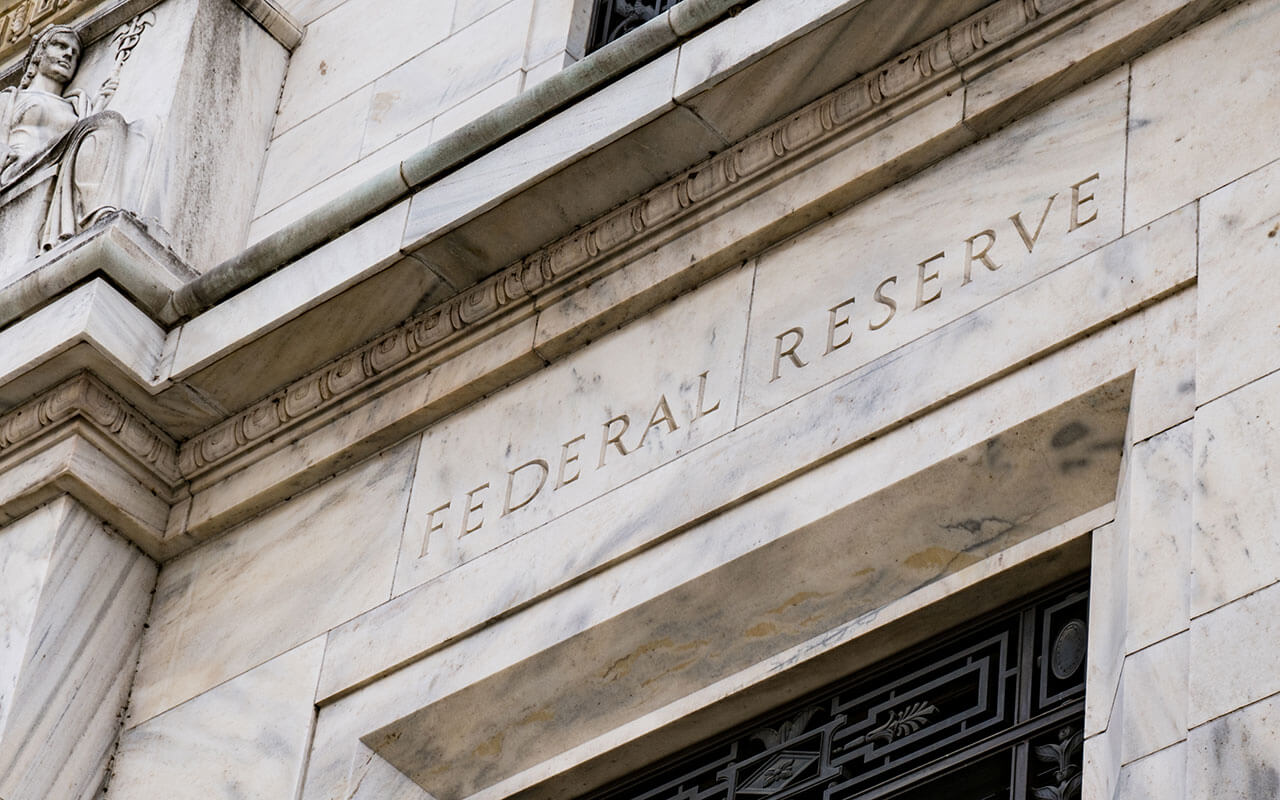Is the Fed Set to Lower Rates Despite Election Uncertainty?
03.11.2024 18:00 2 min. read Alexander Stefanov
According to many market analysts, the Federal Reserve may be preparing to cut interest rates by a quarter point next week.
Many believe its goal is to lower the federal funds rate to 4.5%-4.75% amid economic challenges and political uncertainty.
The decision, to be made just days after the US presidential election, reflects the Fed’s careful approach to balancing inflation control and economic growth.
While October saw weak job numbers, with only 12,000 new positions due to factors such as hurricanes and strikes, overall economic indicators point to resilience, including 2.8% GDP growth in the third quarter.
READ MORE:

China Central Bank Official Highlights Challenges for Bitcoin and Digital Currency Adoption
Fed officials, including former Kansas City Fed President Esther George, have emphasized “gradual” adjustments to interest rates, favoring smaller cuts to manage inflation without destabilizing growth.
Election-related uncertainty could influence the Fed’s decision, especially given the contrasting economic policies of candidates Donald Trump and Kamala Harris. Trump’s plans for protectionist trade, lower corporate taxes, and immigration restrictions could spur inflation, while Harris’s platform emphasizes social spending with steady Fed independence.
The outcome of the election could have a significant impact on inflation and growth expectations, prompting the Fed to remain cautious.
The possibility of a contested election further complicates the situation. Trump’s campaign, built on a narrative of a “stolen election” in 2020, could lead to legal challenges if Harris wins, potentially slowing results in swing states.
Legal experts expect challenges from conservative groups, though recent election reforms make it difficult to exploit past vulnerabilities. The Fed’s approach of “gradually” reducing interest rates allows flexibility for further adjustments based on inflation trends, with the goal of maintaining economic stability in the face of heightened political and economic uncertainty.
-
1
Robert Kiyosaki Predicts 2025 “Super-Crash,” Urges Hoarding Gold, Silver, and Bitcoin
23.06.2025 13:31 2 min. read -
2
Billionaire Slams Meme Stock Hype and Sounds Alarm on U.S. Fiscal Health
15.06.2025 18:00 2 min. read -
3
Billionaire Investor Sees Dollar Crash If Key Support Breaks
18.06.2025 15:00 1 min. read -
4
Nassim Taleb Says Global Trust Is Shifting from the Dollar to Gold
22.06.2025 17:00 1 min. read -
5
Geopolitical Shockwaves Hit Ethereum Hard While Bitcoin Stays Resilient
22.06.2025 16:21 1 min. read
Robert Kiyosaki Predicts When The Price of Silver Will Explode
Robert Kiyosaki, author of Rich Dad Poor Dad, has issued a bold prediction on silver, calling it the “best asymmetric buy” currently available.
U.S. PCE Inflation Rises for First Time Since February, Fed Rate Cut Likely Delayed
Fresh data on Personal Consumption Expenditures (PCE) — the Federal Reserve’s preferred inflation gauge — shows inflation ticked higher in May, potentially delaying the long-awaited Fed rate cut into September or later.
Trump Targets Powell as Fed Holds Rates: Who Could Replace Him?
Federal Reserve Chair Jerome Powell is once again under fire, this time facing renewed criticism from Donald Trump over the Fed’s decision to hold interest rates steady in June.
U.S. National Debt Surge Could Trigger a Major Crisis, Says Ray Dalio
Billionaire investor Ray Dalio has sounded the alarm over America’s soaring national debt, warning of a looming economic crisis if no action is taken.
-
1
Robert Kiyosaki Predicts 2025 “Super-Crash,” Urges Hoarding Gold, Silver, and Bitcoin
23.06.2025 13:31 2 min. read -
2
Billionaire Slams Meme Stock Hype and Sounds Alarm on U.S. Fiscal Health
15.06.2025 18:00 2 min. read -
3
Billionaire Investor Sees Dollar Crash If Key Support Breaks
18.06.2025 15:00 1 min. read -
4
Nassim Taleb Says Global Trust Is Shifting from the Dollar to Gold
22.06.2025 17:00 1 min. read -
5
Geopolitical Shockwaves Hit Ethereum Hard While Bitcoin Stays Resilient
22.06.2025 16:21 1 min. read

